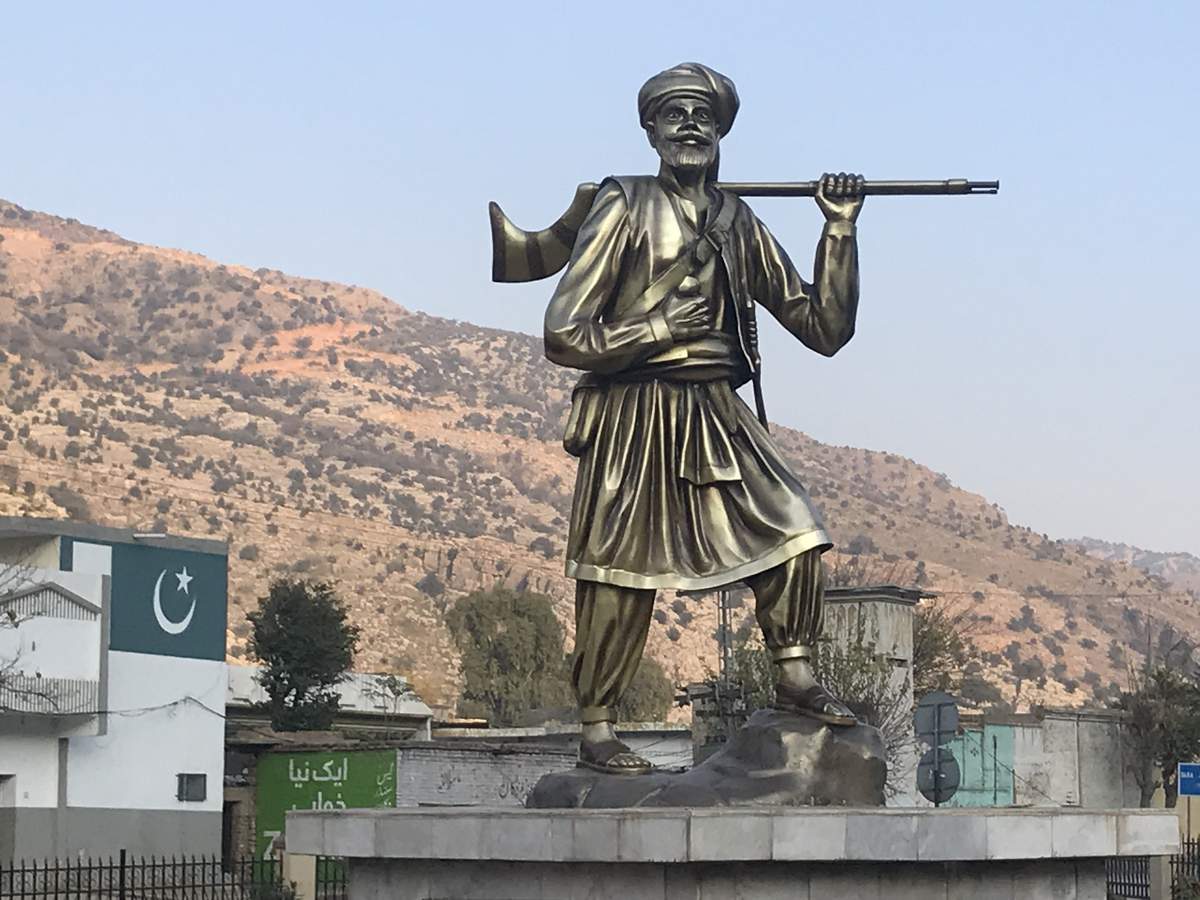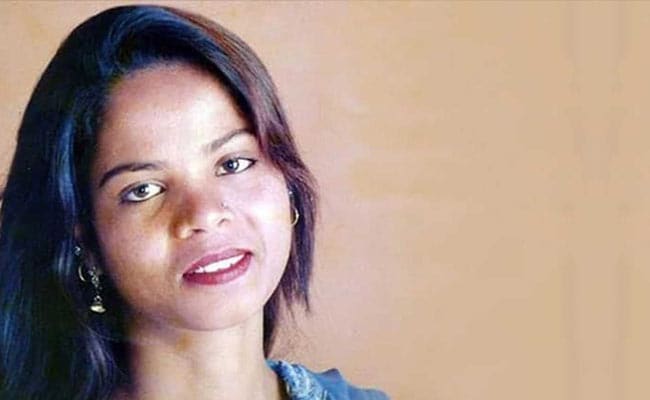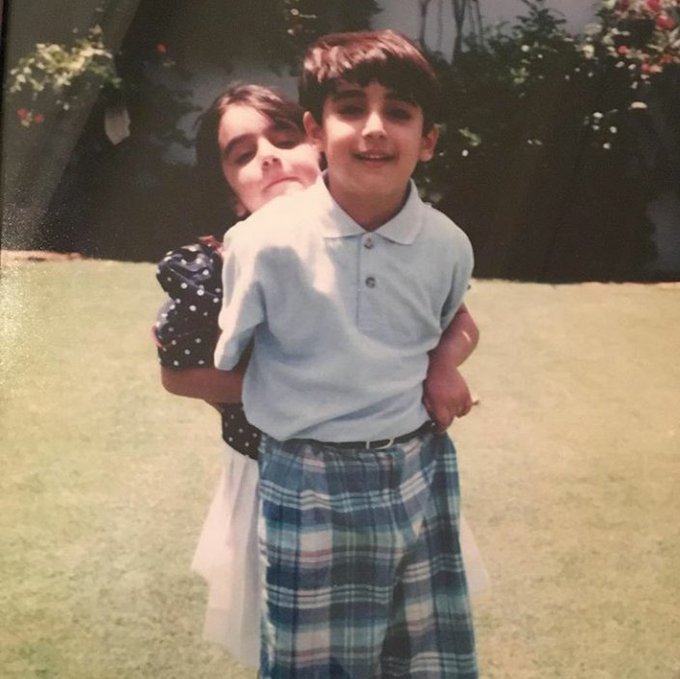M WAQAR..... "A man's ethical behavior should be based effectually on sympathy, education, and social ties; no religious basis is necessary.Man would indeed be in a poor way if he had to be restrained by fear of punishment and hope of reward after death." --Albert Einstein !!! NEWS,ARTICLES,EDITORIALS,MUSIC... Ze chi pe mayeen yum da agha pukhtunistan de.....(Liberal,Progressive,Secular World.)''Secularism is not against religion; it is the message of humanity.'' تل ده وی پثتونستآن
Thursday, January 24, 2019
Afghanistan may be a mess if US troops leave; they should leave anyway. Trump is right.
Mark Hannah
The war in Afghanistan has become a multigenerational exercise in absurdity. Many of the soldiers now fighting were in diapers when the war began.When President Donald Trump announced that he would be withdrawing half of the U.S. troops serving in Afghanistan, the national security establishment was aghast. Afghanistan will become a failed state! The Taliban will expand their power! Chaos and disorder will follow! The critics might be right. The president should follow through anyway. Aware the war in Afghanistan is unwinnable, Trump nevertheless now dithers. He is being pressured by military leaders who understandably want their sacrifices to have achieved something. And he is selfishly concerned with being blamed if the government in Kabul collapses on his watch. But letting the Afghanistan War “muddle along” for so many years has been a grievous mistake. Roughly 2,400 U.S. service members and 4,000 American contractors have been killed there, including four just over Thanksgiving. As my old boss, John Kerry, asked a Senate committee in 1971, after returning from that other quagmire in Vietnam, “How do you ask a man to be the last man to die for a mistake?” The war in Afghanistan has become a multigenerational exercise in absurdity. Many of the soldiers now fighting and dying were in diapers when the war began. Yet almost two decades and more than a trillion dollars later, the U.S.-backed Afghan government controls only 55 percent of the nation’s territory and 65 percent of its population. Rather than fading away, the Taliban are stronger than they’ve been at any time since they were ousted when the war began. If our objective is the destruction of the Taliban, the war will be impossible to win militarily. Don’t take my word for it. The new U.S. general leading our mission in Afghanistan, Scott Miller, conceded to NBC News that “this is not going to be won militarily.” Instability doesn't always mean insecurity The decision to invade and occupy Afghanistan was steeped in outdated thinking from an earlier era. In the years leading up to the 9/11 attacks, U.S. foreign policy experts were obsessed with the danger posed by “power vacuums” and “failing states,” and the terrorist breeding grounds they bore. The invasion and occupation of Afghanistan sought to deny al-Qaeda a base for its operations. Yet most of al-Qaeda’s leadership simply fled to Pakistan, and America got bogged down fighting the Taliban, who despite their radical ideology have never had designs on attacking the U.S. mainland. Now, when terrorism is more likely to be homegrown than coordinated from a remote mountain cave, the use of military occupations to disrupt terrorist havens is as antiquated as it is ineffective. One thing we’ve learned is that American interventionism, however well intentioned, can create more power vacuums than it fills. Such was the case in Iraq and Libya. The threat of “failing states” has been exaggerated. Instability does not necessarily yield insecurity. And some of the biggest challenges to America’s national security come from countries like North Korea, China and Russia, where the control by the central government is all too stable. In Afghanistan, the Taliban are a fact of life. Instead of trying to defeat or destroy the Taliban, we should define success more in terms of brokering a political settlement — much like the one the Colombian government reached with FARC — that increases the prospects for peace for our Afghan partners after we end our commitment there. The only thing that can ultimately guarantee the independence and self-determination of the Afghan people is an Afghan government that has its own independence and self-determination. When President Barack Obama announced his timetable for a previous troop drawdown in 2014, Afghan President Ashraf Ghani acknowledged that “deadlines concentrate the mind.” If a more imminent deadline doesn’t prompt the government to rise to the challenge of independent governance, it’s unclear anything will. The American public is ready for the war to end Afghanistan has shown signs of confidence. Its national security adviser is meeting with international partners who might help the young government continue to get its footing. One of Ghani’s aides notes that pundits who warned of a doomsday scenario after the 2014 drawdown of U.S. troops were proven wrong, that and “our brave defense and security forces … defended the nation with great valor.” Even the most strident hawks understand that the war in Afghanistan is unwinnable. Their alternative to withdrawal is to maintain an indefinite troop presence, akin to the permanent stationing of U.S. troops in Germany and Japan after World War II. This is a ludicrous idea. America’s post-World War II occupations guaranteed the security and prosperity of the world’s foremost centers of economic activity, whereas Afghanistan is a desperately poor country with little strategic significance. The political will to end the war in Afghanistan exists. One recent poll shows that fewer than half of Americans say the initial decision to use military force in Afghanistan was correct. Another new poll finds that a majority of Americans would support a presidential decision to withdraw troops from Afghanistan within a year, while only about one in five would oppose it. And although some military leaders pressuring the president to stay might feel “pot committed” to the conflict, soldiers and veterans are even more likely than the general public to support a withdrawal of troops from Afghanistan. Yet few leaders have taken a strong stance toward ending the war. Democrats in particular find themselves in an awkward spot, historically skeptical but inclined to automatically oppose any Trump policy. They should follow the example of Sen. Elizabeth Warren, who displayed political courage by agreeing with the Trump administration’s decision to withdraw troops. Let’s take a break from partisan scorekeeping to, at last, curtail the worst excesses of the so-called War on Terror. In 1966, in the middle of the Vietnam War, a Vermont senator named George Aiken urged President Lyndon Johnson to “declare victory and get out.” Imagine the financial, geopolitical and human costs that could have been spared if we took his advice then. Let’s take it now.
Pakistan's Top Court To Decide On Asia Bibi Appeal On January 29: Lawyer
Pakistan's Supreme Court will decide on January 29 whether to allow an appeal against its acquittal of a Christian woman at the centre of a blasphemy row, a lawyer involved in the case said Thursday.If the court refuses to allow the appeal, it will remove the last legal hurdle facing Asia Bibi, who is a prime target in conservative Muslim-majority Pakistan and remains in protective custody.
Bibi was on death row for eight years for blasphemy, a hugely sensitive charge.
The Supreme Court's decision in October last year to overturn her conviction ignited days of violent demonstrations, with enraged Islamists calling for her beheading, mutiny within the powerful military and the assassination of the country's top judges.The government has since launched a crackdown on the Tehreek-e-Labaik Pakistan (TLP) party -- the Islamist group driving the violent protests -- charging its leaders with sedition and terrorism.But authorities also struck a deal with the protesters to end the violence, forming an agreement which included allowing a final review of the Supreme Court's judgement.
On January 29, "the court will determine if our appeal against her acquittal is admitted", Ghulam Mustafa Chaudhry, the lawyer who filed the petition seeking an appeal, told AFP.
"Usually the court decides on the same day if the appeal is admitted or not," he added.
Under Pakistan's creaky legal system any private citizen can petition the courts on any matter of public interest or human rights, as in the Bibi case.
However legal experts said it would be highly unusual for the Supreme Court to overturn its own decision, especially one that as carefully drafted as the Bibi ruling.
Pakistan’s ‘gun valley’: A town of 80,000 people & 2,000 weapon shops - Darra Adam Khel
NAZAR UL ISLAM and BENAZIR SHAH
Pakistan has been debating how to regularise its weapons market, and a state-run company is about to set up an industrial estate around the old ‘gun valley’.
Ajab Khan Afridi is an unusual hero. Legend has it that one night in 1923, the Pashtun tribesman and his brother rode towards the lodge of a British officer. Swords and torches in hand, they barged in and killed the officer’s wife. Afridi then picked up the couple’s teenage daughter, Molly, slung her over his shoulder and took her away.
The men, it is said, were furious because the British raided their village and misbehaved with the women. But they never meant to harm young Molly, who was treated well and released by her captors after the British army paid ransom.
Today, Afridi is an icon in Pakistan’s largest and oldest firearms market — one that is almost 150 years old. His marble statue stands tall in the main square of Darra Adam Khel, a mountainous valley in the northwestern tribal belt, close to the border with Afghanistan.

Pakistan’s ‘Gun Valley’, as it has come to be known, is a small and impoverished town, with a population of an estimated 80,000. Yet, it is home to about 2,000 weapon shops, and according to some, over half the population is employed in making weapons. For most, making firearms is the only thing they know how to do.
Sounds made by hammers, electricity generators and gunshots echo through Darra Adam Khel. The quality of the products is impeccable and nearly impossible to distinguish from the originals. Everything is available here — from automatics and semiautomatics, to 9mm and Beretta, and even anti-aircraft guns — at below-market prices of between Rs 20,000 and Rs 40,000.
Law-and-order is bad for business
In the 1980s, the valley armed the war in neighbouring Afghanistan, both legally and illegally. Then, in 2008, militants overran the area and a notorious commander took control, though it didn’t curb profits. But when the Pakistan Army launched a military assault in the lawless tribal belt, to scrub it of local and foreign terror outfits, sales tumbled. Pakistan imposed stricter gun-control laws, which further dried up the customer base.
Law-and-order has been bad for business, complain gun-makers.
“The industry has collapsed,” says Gul Zameen Afridi, a 40-year-old who deals in 12-bore shotguns. “Earlier, people would come from all over the world to buy weapons. Now, we are only allowed to manufacture licenced weapons.”
In the old days, a single gun would be passed between six to seven labourers, who would painstakingly chisel each weapon. But now, the thousand-strong workforce is melting away, taking up other professions to earn their living.
Libas Khan, 47, has been in the industry for three decades. He sells shotguns, semi-automatics, 8mms and 7mms.
“I have no formal education,” he says. “Making firearms is the only skill I have learned from my grandfather. None of my eight children go to school, because I don’t earn enough to pay their fees.”
Plan for a reboot
For a while now, Pakistan has been earnestly debating how to regularise its arms and weapons market. The state-run Pakistan Hunting and Sporting Arms Development Company has proposed setting up an “industrial estate” or a gun town, for which over 200 acres of land near Darra Adam Khel will be acquired. Initially, 500 shops will be set up to control production and the quality of the weapons.
“The government has already begun acquiring land,” says Tahir Khattak, CEO of the company. “Once that is complete, we aim to have this town ready within two years.”
Internationally, the arms trade is big business, which Khattak says the government is finally keen to tap into. Pakistan, at the moment, exports shotguns and small arms to Austria and Lebanon, while its import bill of weapons is close to $20 million from China, the US and Turkey.
“Our exports, as of now, are close to nothing. Only when the imports will be cut off completely can the local industry grow. Already, 10 small arms being produced by Darra Adam Khel are internationally certified. Africa and the UK can be big buyers for these,” Khattak said.
Books, not guns
But not all the residents of Darra Adam Khel agree that the age-old tradition of arms dealing and making should continue. Shahnawaz Zeb, 32, is a professor at a private college. His family was also in the firearm trade.
Yet, last year, he went his own way and set up a small library, with donations, in the midst of the weapons market. He then launched its Facebook page, Darra Adam Khel Library, to invite local people.
“I know it is a strange composition — a library on the top floor of a gun shop. But business is not bad,” Zeb says with a chuckle.
His collection includes books in English, Urdu and Pashto. Today, he has 170 members. Most of his regular customers are women, who are not permitted to venture out in Pakistan’s tribal areas.
According to the Bureau of Statistics, the estimated literacy rate among women in the tribal areas is below eight per cent. So, Zeb’s female customers have to send a male relative with a handwritten list of books they would want to buy or borrow.
“Times are changing and we should change too,” says Zeb. “We need to take the guns away from our younger generation and arm then with books instead.”
He then points to a poster behind him that reads “Chheen lo haath se bandooq merei, aur panaah do mujhey kitabon mein (Snatch the gun from my hand and give me shelter in books).”
#Pakistan - #PPP - @BakhtawarBZ 🎊🎂🎊🎈#HappyBirthDayBakhtawarBZ Bakhtawar Bhutto celebrates her 28th Birthday
Bakhtawar Bhutto Zardari, daughter of the former Prime Minister Shaheed Benazir Bhutto on Thursday celebrated her 28th Birthday.
Several celebrities, including family members, took to the Twitter to wish Bakhtawar her Birthday.
Bakhtawar expressed her joy over the Birthday messages that poured in on Twitter for her.
“Twitter feed flooding with the sweetest birthday messages, pictures & video compilations. So overwhelmed by the love. Thank you all so much,” Bakhtawar tweeted.
Bakhtawar is second of the three children of former president Zardari. She was born on 25th January 1990.
Her brother, Chairman of Pakistan Peoples Party (PPP), Bilawal Bhutto Zardari also wished his sister on Twitter:
Bakhtawar’s sister, Aseefa Bhutto Zardari tweeted: Happy Birthday to my incredible sister @BakhtawarBZ, I am so lucky to have you as my sister.”
https://twitter.com/AseefaBZ/status/956448280946278400
Other friends and fans also sent wishes and prayers through tweets
Happy Birthday BB @BakhtawarBZ May all your dreams and wishes come true. Hope your special day brings you all that your heart desires! Wishing you a day that is as special in every way as you are!#HappyBirthDayBakhtawarBZ @BBhuttoZardari @AseefaBZ
82 people are talking about this
https://twitter.com/ZahidLashari15/status/956241592154718209
Happy Birthday Sweet Sister @BakhtawarBZ#HappyBirthDayBakhtawarBZ #HBDBakhtawarBZ #HBD_BiBiBaktawarBZ @BBhuttoZardari @AseefaBZ @shahzadShafi007 @PPPGujranwala @PPPSocialMedia1 @ImrankzPPP @Shoukat_Abbasi8 @Khaskhel_Aijaz @DrZahidMirani22
27 people are talking about this
Subscribe to:
Comments (Atom)













